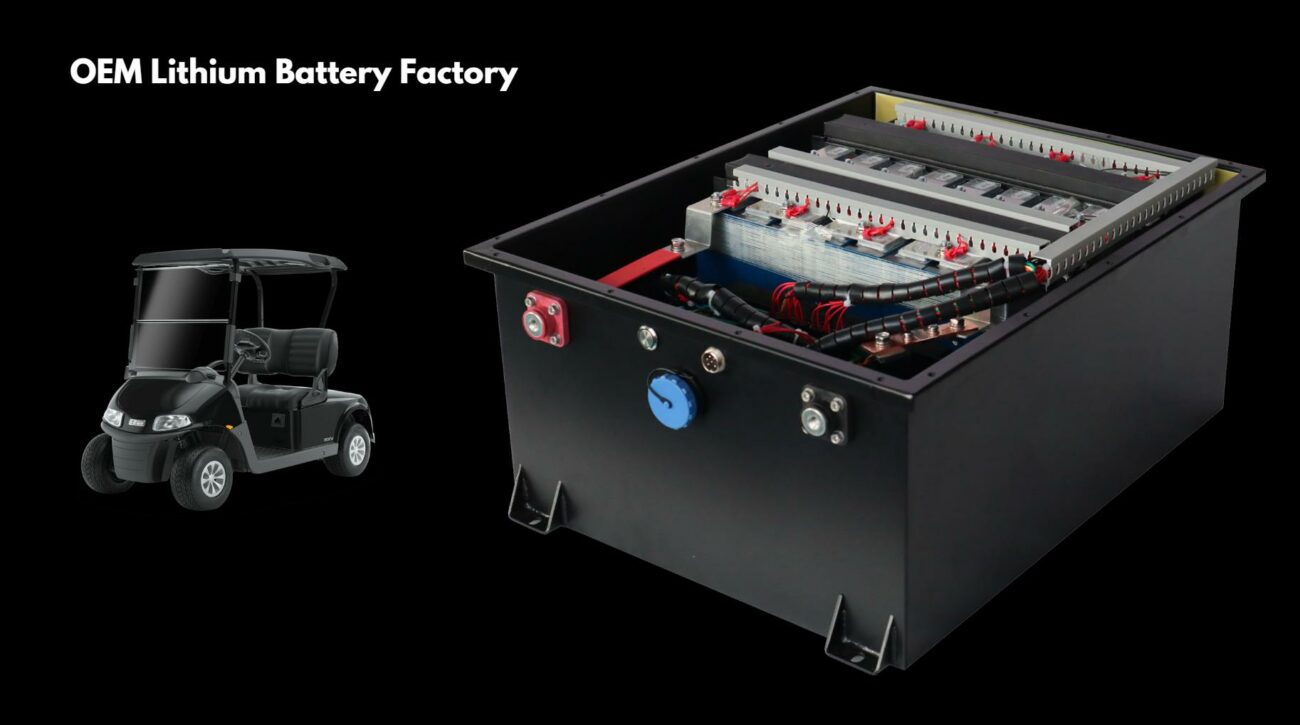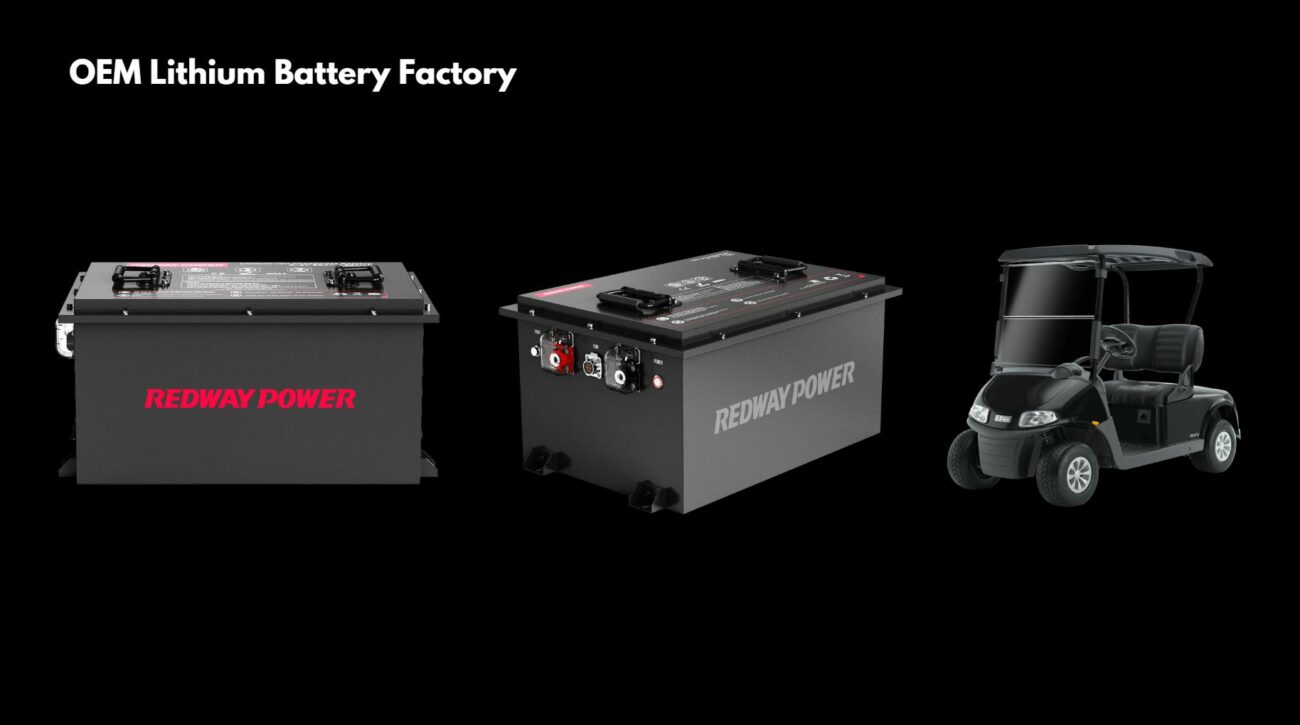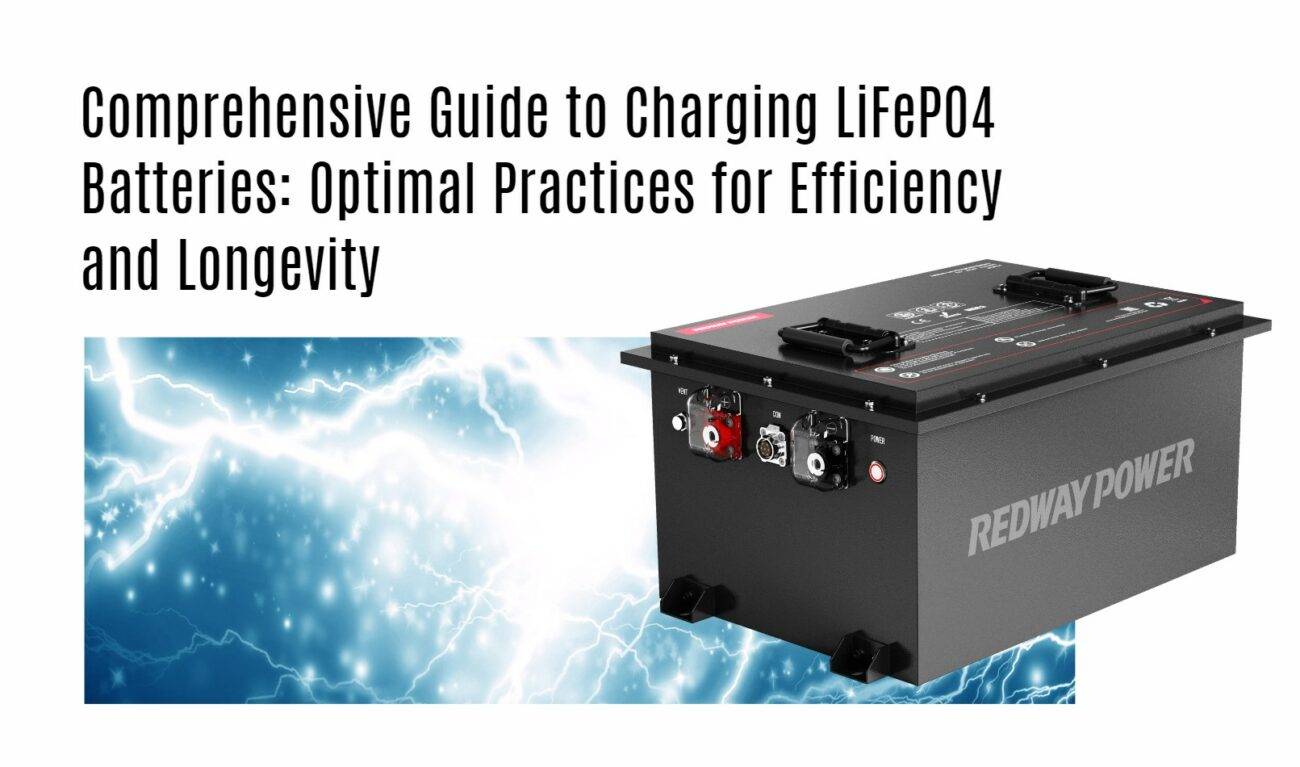Are you trying to decide if LiFePO4 batteries are the right choice? LiFePO4 batteries stand out due to their enhanced safety features, extended lifespan, and consistent performance. They are increasingly popular in electric vehicles, solar energy storage, and portable power solutions, providing a reliable and environmentally conscious energy option. LiFePO4 batteries use lithium iron phosphate as the cathode material, known for its exceptional stability and safety.
What are LiFePO4 Batteries?
LiFePO4 batteries, or lithium iron phosphate batteries, are a type of rechargeable lithium-ion battery that uses lithium iron phosphate (LiFePO4) as the cathode material. This chemistry offers enhanced thermal and chemical stability compared to other lithium-ion types, improving overall safety and longevity. These batteries are valued for their long cycle life, high safety, and stable performance, making them suitable for a wide range of applications.
What makes LiFePO4 batteries different from other lithium-ion batteries?
LiFePO4 batteries differ primarily in their cathode material: lithium iron phosphate. This material provides superior thermal and chemical stability compared to other lithium-ion batteries like nickel manganese cobalt (NMC) or nickel cobalt aluminum (NCA). LiFePO4 batteries also boast a longer cycle life, often exceeding 2,000 cycles at 100% depth of discharge, and offer a more consistent voltage output during discharge.
| Feature | LiFePO4 | NMC/NCA |
|---|---|---|
| Cathode Material | Lithium Iron Phosphate | Nickel Manganese Cobalt/Nickel Cobalt Aluminum |
| Thermal Stability | High | Lower |
| Cycle Life | 2000+ Cycles | 500-1000 Cycles |
| Cost | More affordable | Higher |
| Applications | EVs, Solar, Power Stations | High-Performance EVs |
Why are LiFePO4 Batteries Considered Safe?
LiFePO4 batteries are considered safer due to the inherent thermal and chemical stability of lithium iron phosphate. The phosphate in the cathode material is strongly bonded, making it more resistant to oxygen release during thermal runaway events. This reduces the risk of fire or explosion, making LiFePO4 batteries a safer alternative to other lithium-ion chemistries, particularly in high-stress applications.
What are the key benefits of using LiFePO4 batteries?
The key benefits of LiFePO4 batteries include:
- Enhanced Safety: Superior thermal and chemical stability reduces the risk of overheating and fire.
- Long Cycle Life: Can endure 2,000-5,000 charge and discharge cycles, significantly outlasting traditional batteries.
- High Energy Density: They can store more power in less space than other battery chemistries.
- Improved Discharge and Charge Efficiency: They have a high energy density, meaning they can store more power in less space than other battery chemistries.
- Low Maintenance: They require no maintenance.
What are the common applications for LiFePO4 Batteries?
LiFePO4 batteries are commonly used in:
- Electric Vehicles (EVs): Increasingly adopted due to their safety and longevity.
- Solar Energy Storage: Ideal for storing solar energy due to their long cycle life and stability.
- Portable Power Stations: Used in power stations and solar generators because they are lighter than lead-acid batteries.
- Backup Power Systems: Reliable for providing backup power in critical applications.
- Recreational Vehicles (RVs) and Marine: Great upgrade option for RV and marine batteries because most have four battery cells wired in series, resulting in a 12-volt battery that is a great replacement.
How does the lifespan of a LiFePO4 battery compare to others?
LiFePO4 batteries offer a significantly longer lifespan compared to other battery technologies. A typical LiFePO4 battery can last for 2,000 to 5,000 cycles at 100% depth of discharge. In contrast, lead-acid batteries typically last for only 500 to 1,000 cycles, and NMC batteries generally offer 500 to 1,000 cycles as well. This extended lifespan makes LiFePO4 batteries a more cost-effective solution over time.
| Battery Type | Cycle Life (at 100% DoD) |
|---|---|
| LiFePO4 | 2,000 – 5,000 |
| Lead-Acid | 500 – 1,000 |
| NMC | 500 – 1,000 |
How do temperature extremes affect LiFePO4 battery performance?
Temperature extremes can affect LiFePO4 battery performance, but they are generally more resilient than other lithium-ion chemistries. High temperatures can slightly reduce cycle life, while low temperatures can temporarily decrease capacity and discharge rate. However, LiFePO4 batteries are designed to operate effectively within a broad temperature range, typically from -20°C to 60°C (-4°F to 140°F).
What is the environmental impact of LiFePO4 batteries?
LiFePO4 batteries have a lower environmental impact compared to some other battery types. They do not contain toxic materials like lead or cobalt, reducing disposal concerns. The long lifespan of LiFePO4 batteries also means fewer replacements, decreasing the overall environmental footprint. Additionally, the materials used in LiFePO4 batteries are more abundant and easier to source responsibly.
How do LiFePO4 batteries compare to lead-acid batteries?
LiFePO4 batteries offer several advantages over lead-acid batteries:
- Longer Lifespan: LiFePO4 batteries last significantly longer.
- Lighter Weight: They are much lighter, improving portability and efficiency.
- Higher Energy Density: They store more energy in less space.
- Better Depth of Discharge: They can be discharged to 80% of their capacity without damage.
- Faster Charging: They charge much faster than lead-acid batteries.
- Environmentally Friendly: They contain no lead or corrosive acid.
How do you choose the right LiFePO4 battery for your needs?
Choosing the right LiFePO4 battery involves considering several factors:
- Application: Determine the specific use case (EV, solar storage, etc.).
- Voltage and Capacity: Match the battery voltage and capacity to your system requirements.
- Size and Weight: Consider physical dimensions and weight limitations.
- Discharge Rate: Ensure the battery can handle the required discharge rate.
- Certifications: Look for certifications like UL or CE for safety and performance standards.
- Budget: Balance features and performance with your budget.
What are the future trends in LiFePO4 battery technology?
Future trends in LiFePO4 battery technology include:
- Increased Energy Density: Ongoing research to improve energy density for broader applications.
- Faster Charging Rates: Development of technologies to further reduce charging times.
- Advanced Battery Management Systems (BMS): Enhancements in BMS to optimize performance and safety.
- Sustainable Manufacturing: Focus on more sustainable and environmentally friendly production processes.
- Integration with Renewable Energy Systems: Expanding use in grid-scale energy storage and smart grids.
Expert Views
“LiFePO4 batteries are revolutionizing energy storage,” says Dr. Jian Li, a lead researcher at Redway Energy. “Their unique combination of safety, longevity, and performance makes them an ideal choice for a wide range of applications, from electric vehicles to renewable energy systems. As technology advances, we can expect even greater improvements in energy density and charging rates, further solidifying their position as a cornerstone of modern energy solutions.”
Conclusion
LiFePO4 batteries represent a significant advancement in energy storage technology. Their superior safety, long lifespan, and versatile applications make them an excellent choice for various power needs. As research and development continue, LiFePO4 batteries are poised to play an increasingly important role in shaping a sustainable energy future.
FAQ
- What does LiFePO4 stand for?LiFePO4 stands for Lithium Iron Phosphate, the chemical composition of the battery’s cathode material.
- Are LiFePO4 batteries safe to use?Yes, LiFePO4 batteries are considered very safe due to their high thermal and chemical stability.
- How long do LiFePO4 batteries last?LiFePO4 batteries typically last between 2,000 and 5,000 cycles.
- Can LiFePO4 batteries replace lead-acid batteries?Yes, LiFePO4 batteries can often replace lead-acid batteries, offering longer life, lighter weight, and better performance.
- What are the main advantages of LiFePO4 batteries over other lithium-ion batteries?The main advantages are enhanced safety, longer cycle life, and greater thermal stability.
















